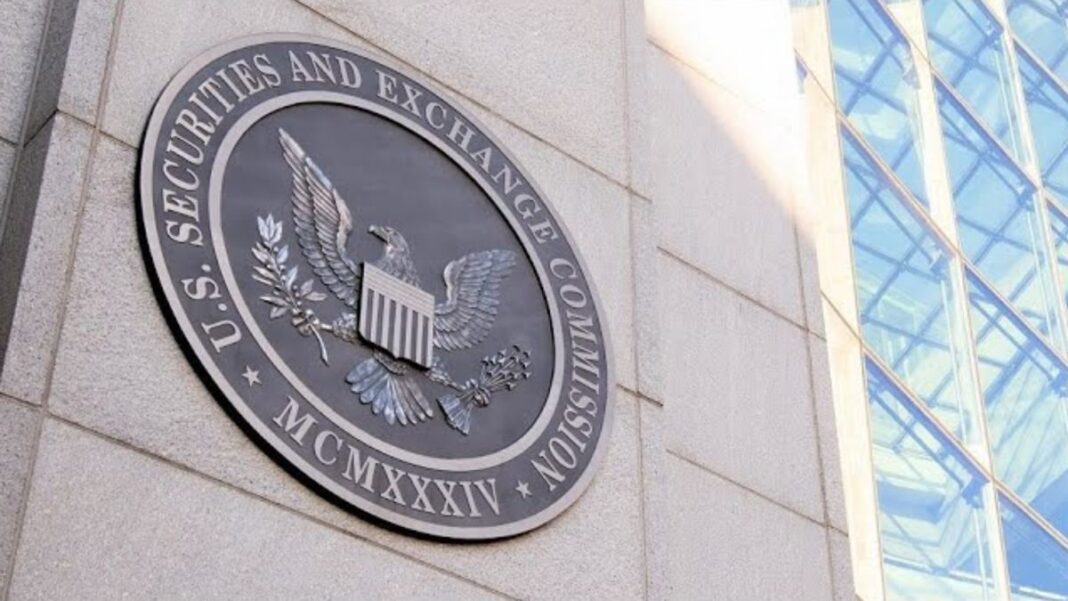The ozone regulation, which took effect last year, slapped emissions standards on 23 ‘upwind’ states.
The Supreme Court voted 5–4 on June 27 to temporarily put on hold the U.S. Environmental Protection Agency’s (EPA’s) “good neighbor” rule that cracks down on states whose industries are said to be contributing to smog.
Justice Neil Gorsuch wrote the Court’s majority opinion.
Justices Amy Coney Barrett, Sonia Sotomayor, Elena Kagan, and Ketanji Brown Jackson dissented.
The Supreme Court held that the emissions-reduction standards established by a federal plan would probably cause irreversible harm to several of the affected states, unless the plan was stayed until it could be reviewed by the lower courts.
The nation’s highest court stayed the plan, pending review by the U.S. Court of Appeals for the District of Columbia Circuit.
Led by Ohio, the states said the regulation was costly and could lead to blackouts, while the EPA said the rule was urgently needed to fight air pollution.
The coalition of states also said the EPA’s plan is an illegal overreach that undermines the principles of the federal Clean Air Act, which allows states leeway to propose their own air pollution control measures.
The plan is reportedly in effect in 11 states; courts have blocked it in 12 states.
The case, known as Ohio v. EPA, came as the Supreme Court has become increasingly reluctant in recent years to side with the EPA in legal battles.
In 2022, the nation’s highest court held in West Virginia v. EPA that the federal Clean Air Act doesn’t give the EPA widespread power to regulate carbon dioxide emissions, which a popular theory says contributes to global warming.
In 2023, in Sackett v. EPA, the court voted to rein in the power of the EPA to regulate wetlands.
In the case at hand, on Dec. 20, 2023, the court declined to block the smog regulation itself but agreed to expedite consideration of the case.





